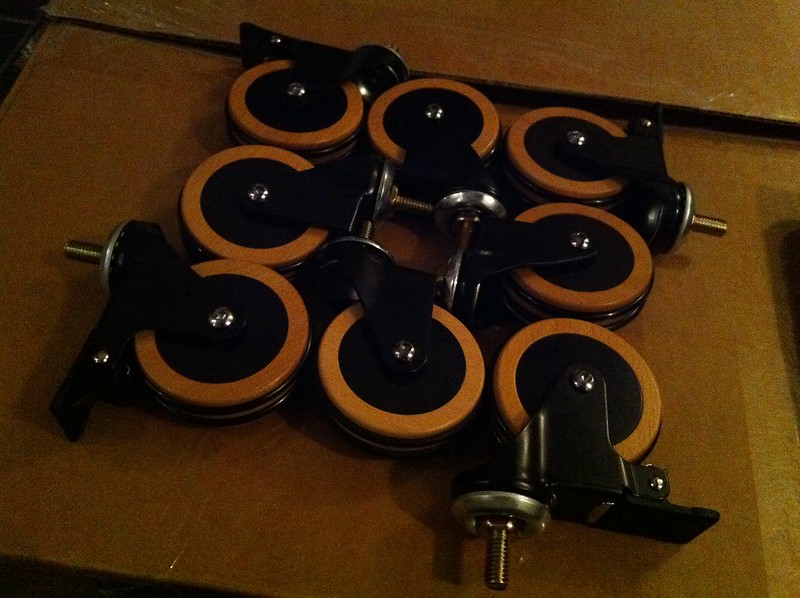If you’ve ever been in trouble with the law, or a loved one has, chances are that at some point, you will have to use a bail bond service. These professionals are here to help you get your life back on track.
Providing informative content that breaks down complex legal jargon into more easily understandable terms can help your business establish itself as an expert resource and stay top-of-mind for individuals needing bail bond assistance.
Understanding Bail Bond Terminology
Bail is the amount of money or other security that someone arrested for a criminal offense gives to the court in exchange for early release from jail while awaiting trial. Bail bonds Lancaster County, PA allows people to live at home, attend work, and support their families rather than be incarcerated until their case ends.
Those who cannot afford to pay the full bail amount may hire a bail bondsman to post a bond on their behalf. The bondsman charges a fee for this service, normally 10% or less of the total bail amount. The guarantor of the bond, who is also known as the bond indemnitor, is liable for the full bail amount if the defendant does not appear in court when required to do so.
There are a variety of ways that bonds can be posted, including property, cash, and credit. All people must understand the terminology associated with this process to discuss it intelligently with a local bail agent.
Understanding Bail Bonds
Generally, individuals seeking pre-trial release have two options: cash bail or a bail bond. The former entails paying the full amount directly to the court or jail; the latter entails enlisting the services of a bail bondsman, who, for a fee, covers the bail amount and vouches for the individual that they will attend all scheduled court hearings.
Bail bondsmen often see their clients as more than criminals and treat them with the dignity that anyone not locked up would deserve. That can be an immense relief for those in the midst of what is already a stressful legal situation.
Additionally, people who post bail are more likely to attend their court dates since a friend or family member will have to put up collateral if they appear for their hearings. Collateral is typically a home, car, or other valuable property. These are small prices for avoiding more time away from work and spending quality time with loved ones while they await trial.
Understanding Bail Bond Fees
Defendants in jail who cannot afford to pay bail can often get out on a bond or “surety.” A surety promises that the defendant will abide by certain conditions and return to court for trial. There are several types of bonds, including cash, property, immigration, and federal.
Most people who are arrested want to be bailed out of jail as soon as possible so they can keep their jobs, attend to children, and make other arrangements necessary for their ongoing well-being. It can take weeks or months to get to trial, which is why a financial guarantee from a bail bondsman is invaluable.
Most bail bondsmen charge a fee in exchange for their services. Typically, the fee is 10% of the total bail amount, and it may be subject to other fees or charges. Some people who cannot pay the fees in cash can offer collateral, such as a house or car.
Understanding Bail Bond Collateral
Defendants who do not have enough money to pay their full bail can often use property, cars, and other valuables as collateral for a bail bond. These items must meet a few key requirements to be accepted as collateral.
Essentially, the collateral item has to be highly liquid or easily sold. Examples include real estate, cars, boats, and other vehicles. Valuables like art, jewelry, and retirement or investment accounts also make great collateral. Collateral can even be something as simple as a home paid for with enough equity to cover the bail bond amount.
However, property can only be used as collateral if the defendant is the legal owner and there are no outstanding mortgage loans or tax liens on the home. Likewise, items pledged as collateral for another loan or bond will not be accepted as collateral for a bail bond. This includes stocks and bonds.





